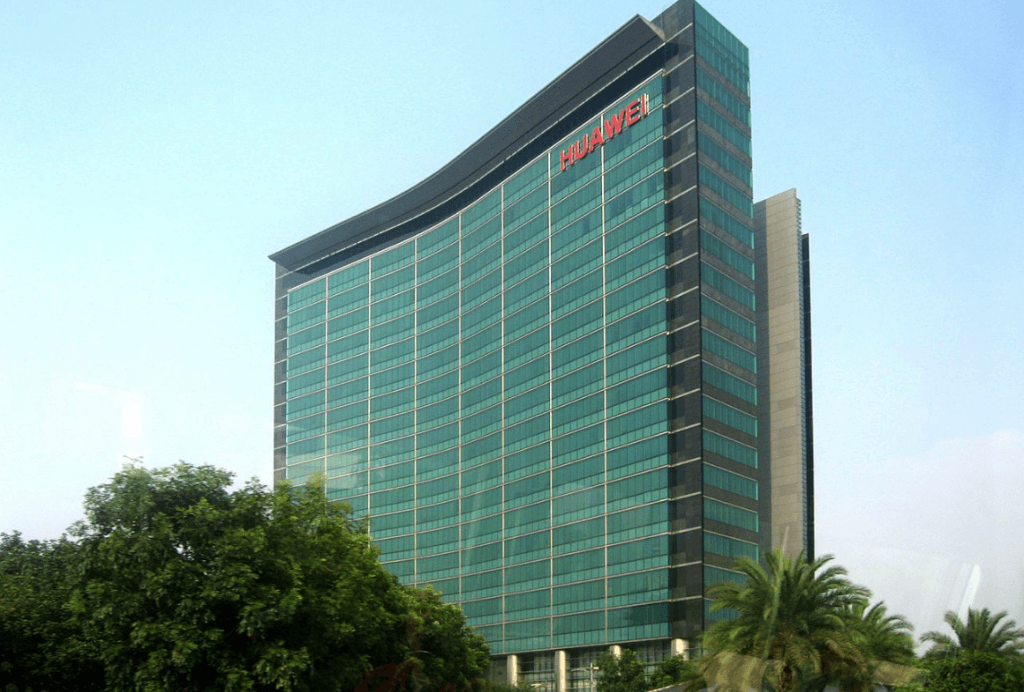Unlike Trump, US lawmakers aren’t going easy on Chinese telecoms
By Matt Field | January 18, 2019
 A Huawei executive is at the center of a diplomatic firestorm after being arrested in Canada. Credit: Brücke-Osteuropa via Wikimedia Commons.
A Huawei executive is at the center of a diplomatic firestorm after being arrested in Canada. Credit: Brücke-Osteuropa via Wikimedia Commons.
In the hopes of cementing a deal for “massive and very positive change” with China on trade, US President Donald Trump has intervened repeatedly in the past several months when US prosecutors and regulators have taken action against Chinese tech companies. And while lawmakers have capitulated and gone easy on the firms in the past, they now appear ready to get tough.
A group that includes members of Trump’s own Republican Party recently introduced a measure to force the president’s hand in issuing so-called “denial orders,” which ban companies from exporting to the subjects of the orders. In a press release, Mike Gallagher, a Republican member of the House of Representatives, said, “Chinese telecommunications firms like Huawei represent a growing threat to American national security. As state-directed enterprises, they ultimately report to the Chinese Communist Party and will be employed where and whenever possible to undermine American interests and those of our allies.”
The bill indicates that members of Congress are upset about Trump’s intervention on behalf of Chinese phone-maker ZTE last year. The bill would prevent any “executive agency official from modifying any penalty imposed on Chinese telecommunications” companies—as happened when the US Commerce Department pulled back last year from imposing the harshest penalty on ZTE—until a record of compliance had been established.
ZTE had been accused of violating US sanctions against Iran and North Korea. After the company subsequently violated a settlement agreement, the Commerce Department issued a denial order. That would likely have spelled doom for ZTE. That is, of course, until Trump stepped in last spring and lamented all the jobs that would be lost in China:
“President Xi of China, and I, are working together to give massive Chinese phone company, ZTE, a way to get back into business, fast. Too many jobs in China lost. Commerce Department has been instructed to get it done!” Trump tweeted.
In the end, the Commerce Department fined ZTE and forced it to put money in an account the US government could draw from if the telecom violates US laws and regulations again. The newly introduced bill however, would force Trump, or future presidents, to enforce denial orders against companies that violate US sanctions regimes.
Huawei has been ensnared in a US investigation into whether it was selling equipment to Iran. At the request of US prosecutors, Canadian authorities arrested Huawei executive Meng Wanzhou last month. She now faces extradition to the United States. Again, Trump seemingly stepped on the work of his own government—in this case the Justice Department—and suggested to Reuters that Meng could be a bargaining chip in ongoing trade talks with China.
“If I think it’s good for what will be certainly the largest trade deal ever made—which is a very important thing—what’s good for national security—I would certainly intervene if I thought it was necessary,” Trump said.
Since Meng’s arrest, the relationship between China and Canada has taken a steep nosedive. Several Canadians have been arrested in China. One man, Robert Lloyd Schellenberg, who had been sentenced to 15 years in prison for drug trafficking, was hauled back into court this month and re-sentenced—this time to death.
US officials have been concerned about Huawei and ZTE for some time, accusing the companies of stealing US intellectual property and potentially spying on US consumers. Huawei says it’s no more a cybersecurity threat than other vendors. Meanwhile, several countries are blocking the company from participating in their budding 5G high-speed internet networks.
Publication Name: Mike Gallagher Press Release
To read what we're reading, click here
Together, we make the world safer.
The Bulletin elevates expert voices above the noise. But as an independent nonprofit organization, our operations depend on the support of readers like you. Help us continue to deliver quality journalism that holds leaders accountable. Your support of our work at any level is important. In return, we promise our coverage will be understandable, influential, vigilant, solution-oriented, and fair-minded. Together we can make a difference.
Keywords: 5G, China, Donald Trump, Huawei, Meng Wanzhou, ZTE
Topics: Disruptive Technologies, What We’re Reading
















US is no longer in a position to dictate any terms on either Russia or China and Americans had better get used to it.